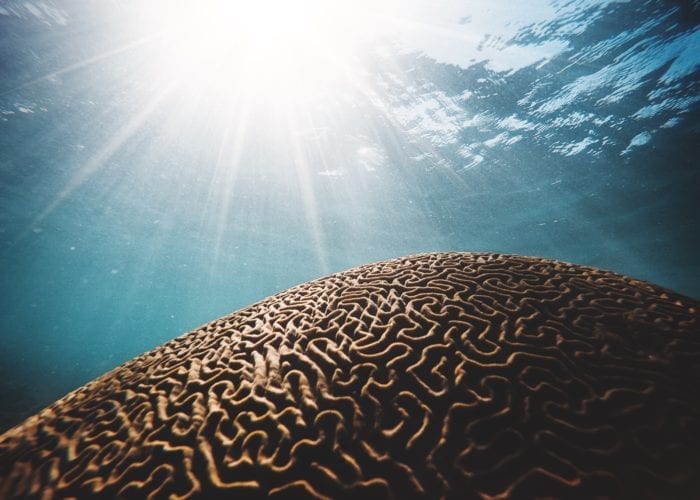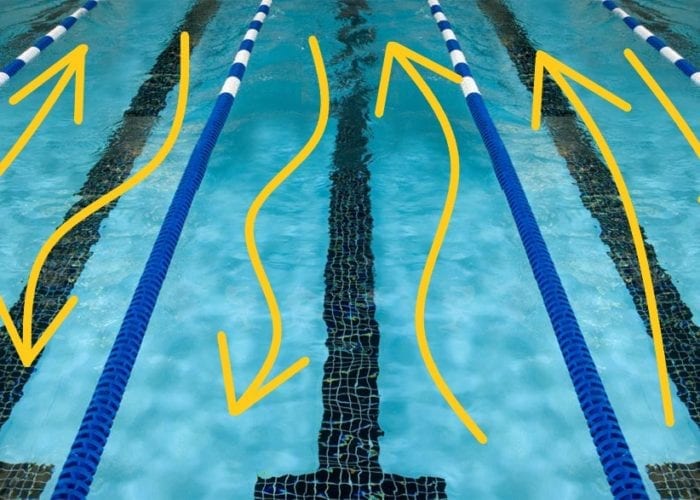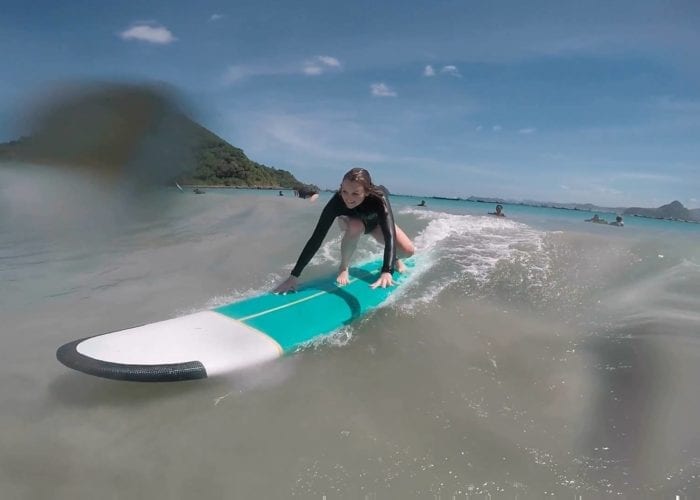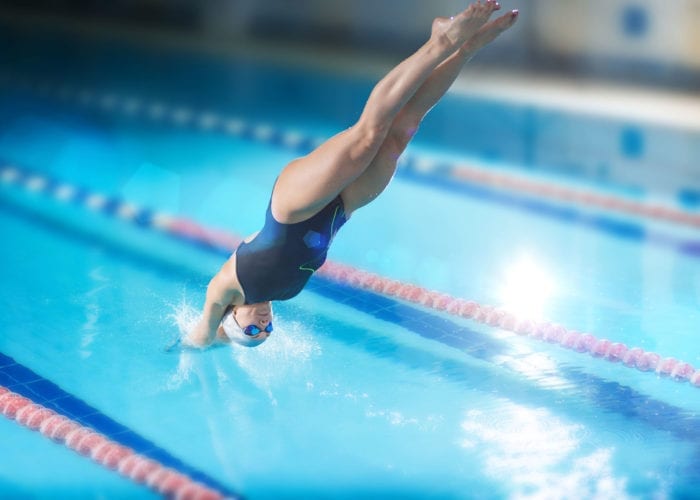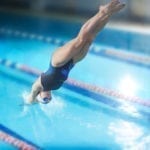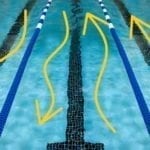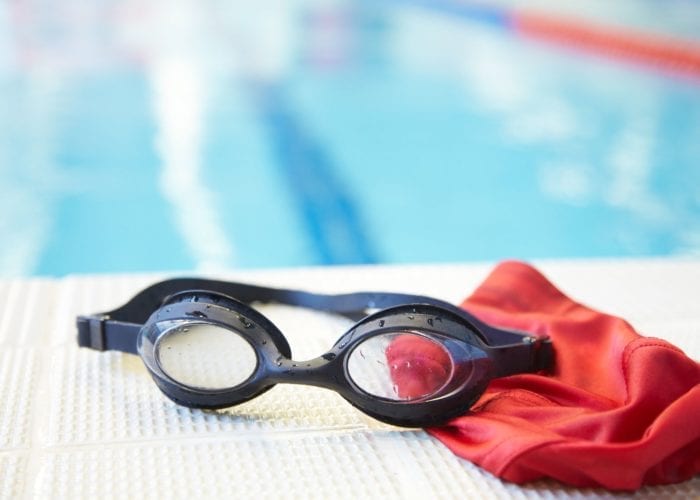When you look at other swimmers who glide smoothly through the water, swimming may seem easy. But it’s harder than it looks. Unfortunately, swimming has a relatively long learning curve. You have to have the right expectations before you learn to swim. Otherwise, you could give up when it becomes difficult, which we do not want. So what are the best tips to get started?
1. Mindset
Thoughts affect your decision-making in sports or other activities as well as your entire life. And because we know that if you start swimming and have no previous experience, it is good to prepare for it before you go to the lesson for the first time. Work with your thoughts, filter out the negative ones and make your decision. Trust yourself.
2. Decision
This will usually push you to action to make a change. In your case, learning some of the swimming styles. Make sure your decision is permanent and you will not change it along the way. Believe, that you can do it. Make time for swimming and make it a priority no.1 for a while.
3. Comfortable zone
That’s exactly where the whole process does not take place. Prepare yourself for making an effort (whether mental or physical) and that some exercises may not be comfortable from the beginning. This is especially true if you “hate” water in your face, ears or eyes (we will also open them underwater).
Individuals with fear of water must be well advised with this. Your decision is therefore encouraged by not expecting everything to be comfortable (otherwise you would rather learn to swim yourself already). We will, of course, motivate and support you, that’s why we are here.
Do your homework and try swimming breathing at home. Check out this article.
4. Patience is the key
Swimming is an intensive exercise due to the resistance that the water puts against you, so you have to spend a lot of energy to move forward. When you start swimming, you will most likely be breathless and exhausted during a couple of strokes. You have to give your body time to get used to this load and learn to move economically.
When swimming, we use the muscles of the whole body and if you are impatient, swimming will teach you very quickly to calm down and don’t rush the motion. We will start slowly and gradually accelerate and add more elements of the technique. Remember that adaptation takes place outside of the comfort zone.
5. Concentrate
To work on the best swimming technique possible, you will have to practice specific movements. Repeated exercises are done often that you can do it in a perfect way automatically without thinking.
Exercises may sometimes be similar, but it is necessary to write new motion elements perfectly so that the old patterns cannot continue to show. Be prepared to give a swimming some time and fully focus on every instruction from the coach and their perfect execution.
6. Communicate
A good coach is crucial to your success. Make sure you communicate often about your progress and how to improve further. If something is unclear, ask as many times as you need until you understand.
Say what you feel, sometimes it is good to hear yourself to reveal the causes of unpleasant feelings. You have to understand it from your point of view, not just to do what everyone else does. We each have a different body and we perceive it differently. If you talk to a coach, they will definitely support you in your journey and you can get some clarity.
7. Endure
Train as often as possible. One or two hours a week is a good start. To learn everything really well, you will have to swim more frequently and regularly for some time. If the coach allows you to train alone, find the nearest pool and go swimming by yourself.
However, we sometimes prohibit clients from training independently until we are sure that they have experienced new correct movement patterns. The more time you spend in the water, the faster you learn to swim.
People who are unwilling to invest time and energy in swimming lessons are often discouraged by the effort and endurance that need to be put into it. Having the right expectations, however, will help you overcome the difficult parts and achieve your goal easier.
